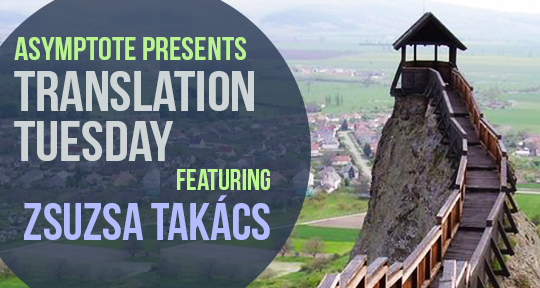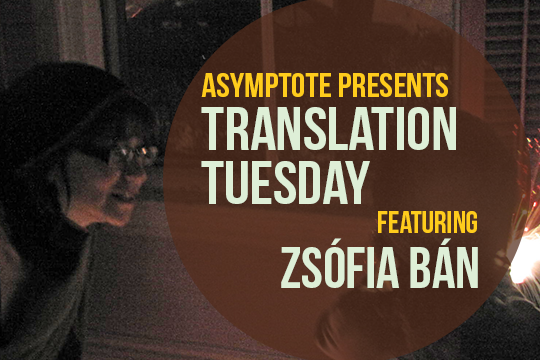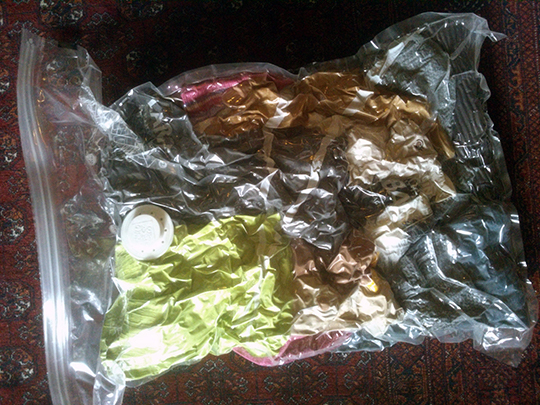Jelenkor is one of the most prestigious literary journals in Hungary. As often happens with small languages, literary prestige does not quite translate to a very wide reach: apart from the print version, Jelenkor‘s poems and short stories are read by a few hundred people at best. As the end of 2017 was approaching, journalist Péter Urfi set out to find the closest Hungarian equivalent to the success of “Cat Person,” Kristen Roupenian’s short story that took the internet by surprise. To Urfi’s astonishment, the winner was not only a poem instead of prose, it was not written by a writer with a significant online presence. It was Zsuzsa Takács’s “Provided we have a soul,” published in Jelenkor. More than 70,000 people read the poem and over 1,200 liked it without any significant publicity effort. The humanism, measured dignity, and accuracy of the poem might account for some of this popularity. It also speaks of the frustration many feel at the gradual, relentless dismantling of democratic institutions in the country, at once experiencing it and able to adopt the slight condescension of the token catastrophe tourist. Ultimately it is not incredibly important to pin down the reasons, as resonance is an elusive matter. The sheer power of the poem shall speak for itself.
Provided we have a soul
He’s not known to have one shape. That’s the rub.
Can we trust the one who keeps constantly changing
his appearance—Blind Hope? Now a beggar
on the corner, now a young woman, the servant who
follows her masters to Auschwitz, the Danube
Delta, Vorkuta, serving them even there: digging
up with her bare nails the roots from under
the snow, or scavenging in the dumpsters
for them. A decrepit old man telling stories to keep
our body and soul together, provided we have
a soul, and are not copulating animals only.



